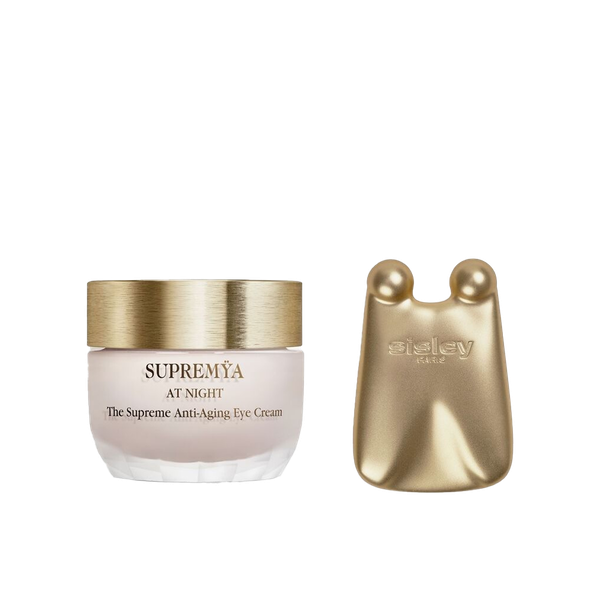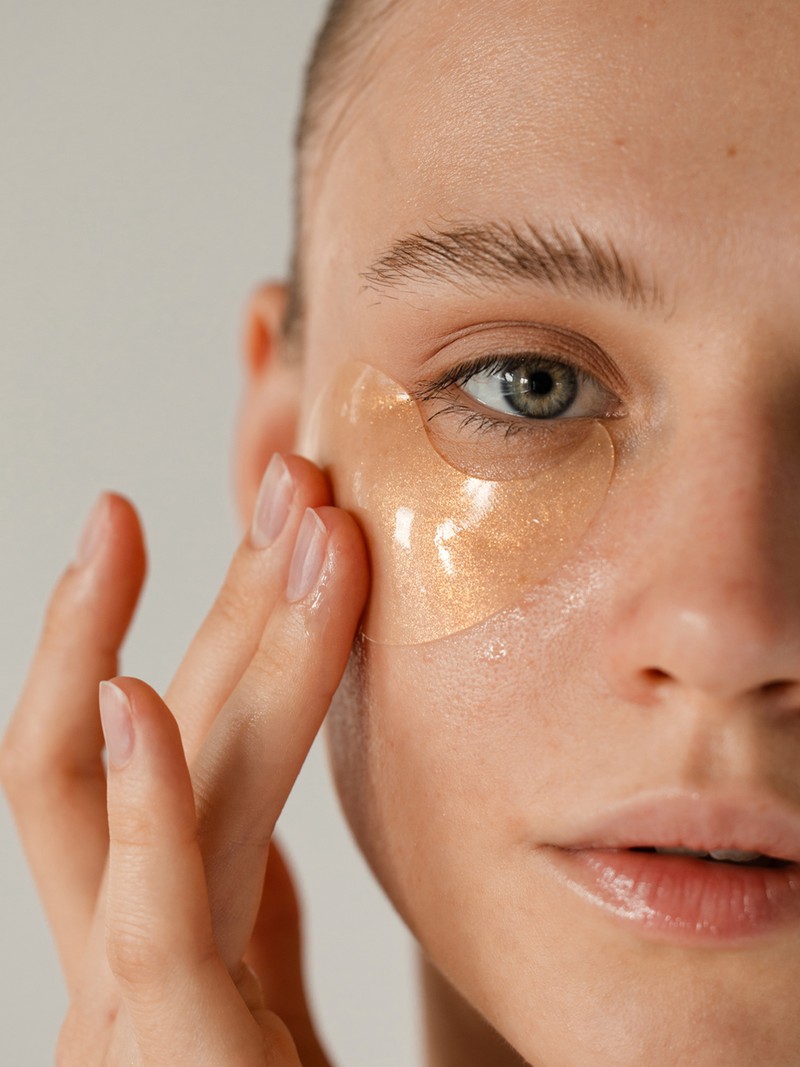
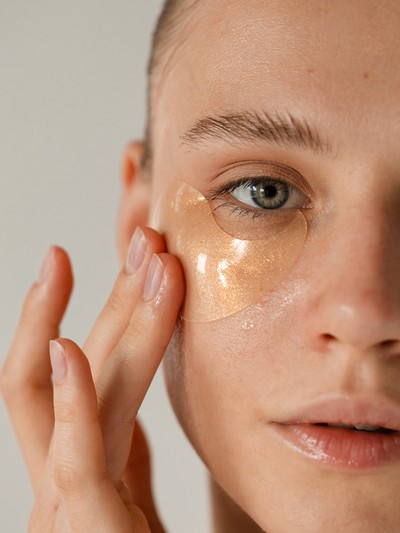
How To Minimise Puffy Eyes
Spot The Signs
“Under-eye bags can be separated into two main categories: either they’re caused by mild swelling or puffiness underneath the skin, or they may actually be herniated fat pads. These tend to become more prominent as we age, and are usually linked to genetic predisposition, whereas regular puffiness is caused by fluid accumulation in the tissues surrounding the eyes, specifically the orbital and periorbital regions.” – Dr Shereene Idriss, dermatologist & founder of Idriss Dermatology & Dr. Idriss
Identify The Causes
“Our skin is composed of two supporting tissues: collagen fibres and elastin fibres. The former works to support the skin and keep it firm, while the latter keeps everything supple and smooth. As we age, these tissues begin to weaken and start to disappear, causing the skin to sag and become less supported. When fluid builds up in these areas, the result is puffiness and swelling in the face and around the eyes. However, it’s important to note that it’s not just ageing that contributes, it’s a variety of other factors too, including allergies, too much salt, crying and infection.” – Dr Kemi Fab, skin expert
“When you’re dehydrated, your body compensates by retaining water, which can cause swelling, especially around thin, delicate areas like the eyes. When you don’t get enough rest, blood flow around the eyes becomes sluggish, leading to fluid retention and a swollen appearance. Inflammation can also occur, which exacerbates puffiness and can make dark circles more noticeable.” – Shereene
Understand Your Triggers
“Above all, understanding your triggers is the best way to prevent puffiness in your skin. Look out for the key signs, make a note of it and adapt your routine – you’ll see a difference faster than you think. For instance, if drinking too much alcohol or eating too much salt causes your skin to swell up the next day, it’s clear you should cut back. Likewise, if puffiness is worse after a bad night’s sleep, take note and switch things up. Sleep with your head propped up by multiple pillows. This doesn’t have to be every night, but at least until the swelling goes down. It’s a simple switch but it really works, preventing fluid from accumulating and settling around your skin when you lie flat.” – Kemi
Adapt Your Lifestyle
“The best way to counteract puffiness and swelling is by looking after yourself from the inside out. It sounds simple, but it will prevent your body from holding onto excess water, meaning your skin will be less swollen and inflamed overall. Getting a good night’s sleep is key – a bad one causes blood vessels to dilate which, in turn, shows darkness on your skin. Drink plenty of water and maintain optimum hygiene when using contact lenses to ensure you don’t encourage any infection or redness. You should never sleep with make-up on either; this alone can cause inflammation and facial swelling the next morning.” – Kemi
“High-sodium diets are notorious for causing water retention. Consuming salty foods or alcohol, especially before bed, can result in excess fluid accumulating under the eyes. Foods rich in processed sugars may also contribute. Another factor is allergic reactions, these trigger the release of histamines, which can cause swelling and inflammation around the eyes. Rubbing your eyes in response to irritation can also exacerbate puffiness and lead to further fluid build-up.” – Shereene
Try A Cold Compress
"There’s no denying that a cold compress will help to reduce swelling but understand this is a quick-fix and not a long-term solution. In general, cooler temperatures cause the constriction of blood vessels, so it’s worth trying remedies like this if your symptoms are temporary. Try massaging the skin with frozen tools or wrap some ice cubes in a muslin cloth. This will stimulate the skin and the blood underneath it for a tauter, fresher-looking appearance.” – Kemi
Find The Right Ingredients
SPF
“If we’re talking about puffiness under the eye, then SPF is essential. The skin here is incredibly thin, lacking in both collagen and elastin fibres, so your entire eye area is more susceptible to UV damage. Using sun protection will shield this area from photoaging and simultaneously address puffiness and other under-eye concerns.” – Kemi
Retinol
“Look for eye creams that contain retinol and apply them with your ring finger. This is the gentlest way to apply any product under your eyes. The reason why retinol-based eye creams are so worthwhile is because they’re the only ones with proven clinical efficacy, whereas others on the market can cause a build-up of product and actually trigger an outbreak of milia (small, keratin-filled bumps).” – Kemi
Caffeine
“Caffeine can help reduce puffiness by temporarily constricting the blood vessels. A great at-home hack is using caffeinated green or black tea bags on your eyes.” – Shereene
Arnica
“For lasting results and long-term benefits, arnica is renowned not only for its anti-inflammatory and vasodilatory properties, but also for its ability to improve circulation. By stimulating blood flow in capillaries, it shifts the fluid that causes puffiness. It’s one of the main ingredients in The Depuffer, a roll-on serum I created, for this exact reason.” – Shereene
Follow @DR.FAB & @SHEREENEIDRISS
SHOP THE EDIT
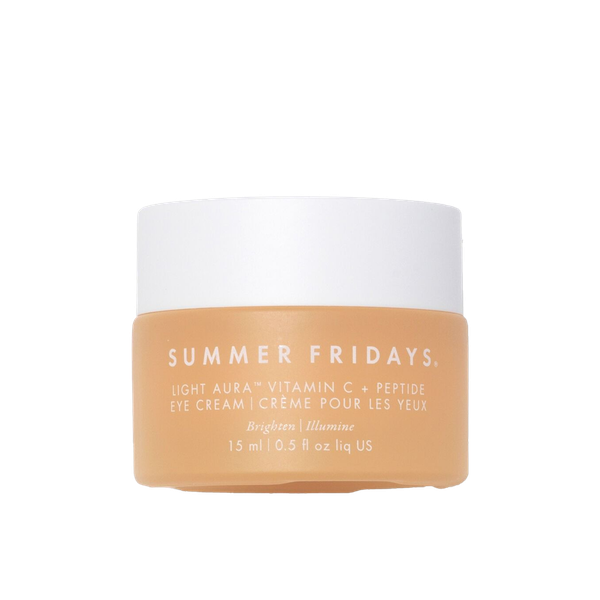
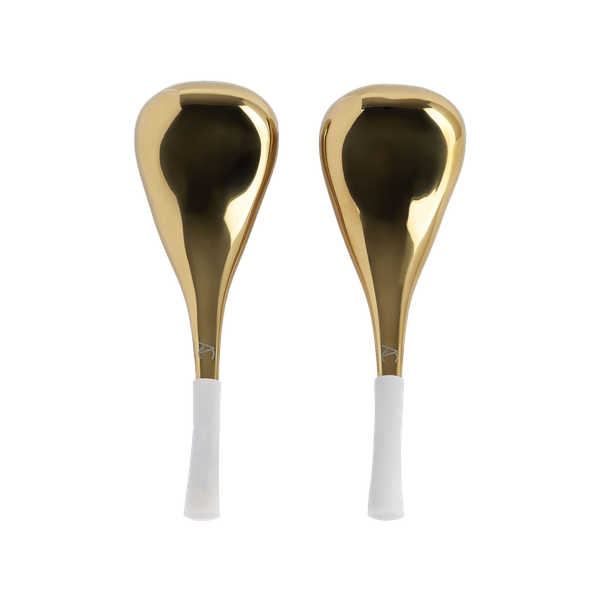
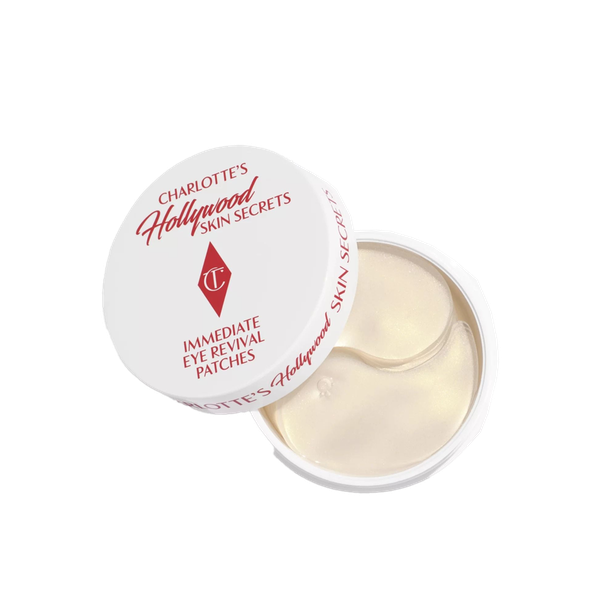
Charlotte Tilbury,
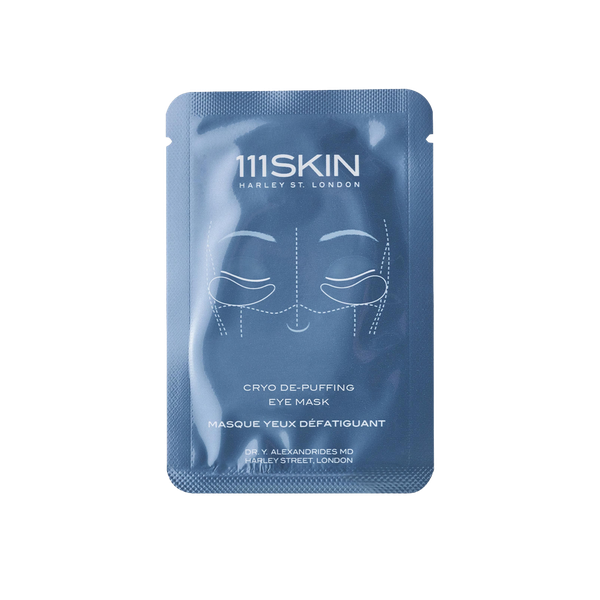
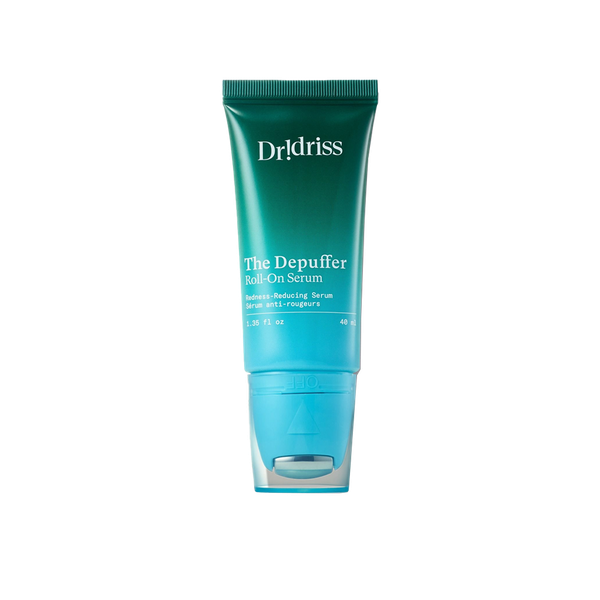
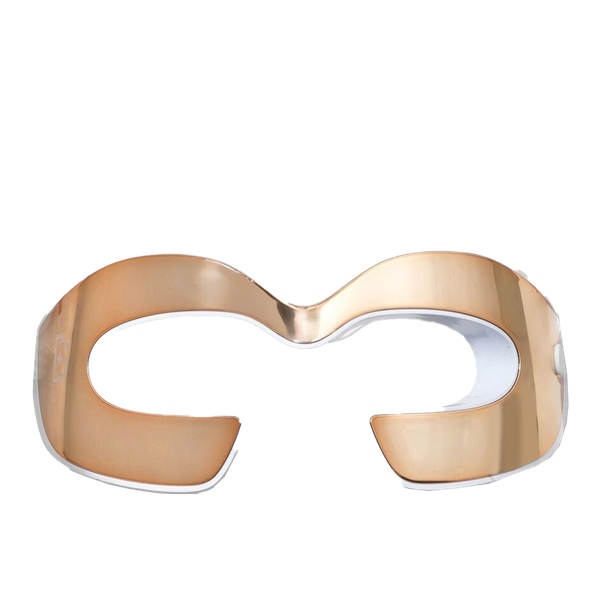
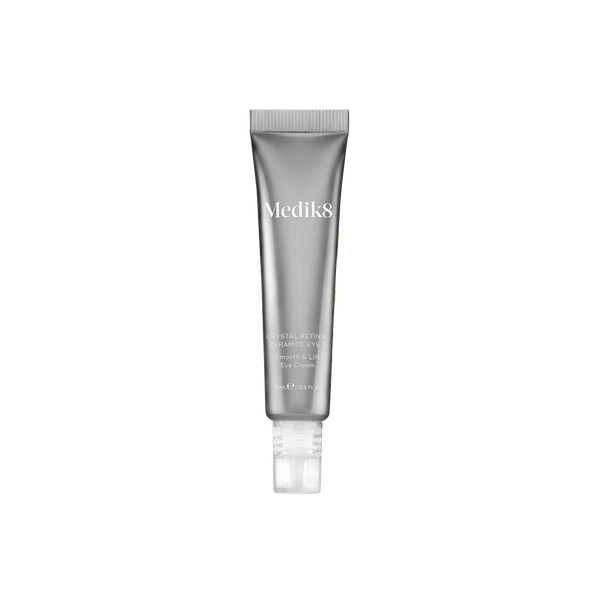
DISCLAIMER: We endeavour to always credit the correct original source of every image we use. If you think a credit may be incorrect, please contact us at info@sheerluxe.com.
